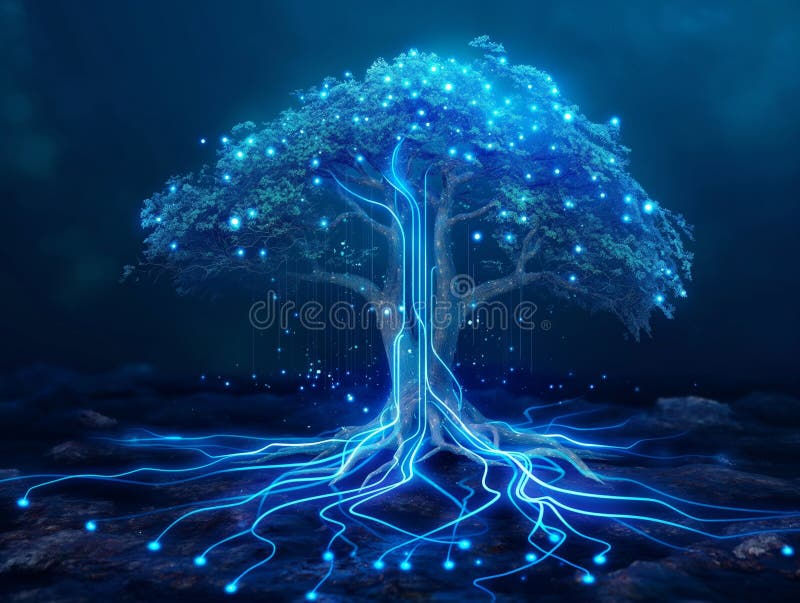Exploring the Role of Poetry in Social Justice Movements and Its Inspirational Impact
- Kellyjo Farner

- Jun 15
- 3 min read
Poetry has long served as a powerful means of expressing thoughts, emotions, and social realities. Its historical role in social justice movements shows how it acts not only as art but also as a catalyst for change. From Maya Angelou’s stirring lines to the dynamic performances of contemporary poets, poetry resonates with the trials and hopes of marginalized communities. This blog post discusses how poetry inspires change, sparks dialogue, and fuels social justice efforts.
The Historical Context of Poetry and Social Justice
Poetry has a rich history deeply connected to social justice, often responding to the injustices faced by individuals and communities. For instance, during the abolitionist movement of the 19th century, poets like Walt Whitman used their words to challenge slavery and advocate for human rights. In the civil rights era, Langston Hughes's heartfelt verses exposed the pain of racism, while Gwendolyn Brooks highlighted the African American experience in her poems like "We Real Cool."
The connection between poetry and activism is intentional. Poets often feel a responsibility to speak out for those who lack a voice. In times of social unrest, poetry emerges as a powerful tool to articulate collective pain and hope, urging others to join the struggle for justice.

Poetry as a Catalyst for Change
Poetry has the unique power to distill complex emotions and experiences into relatable verses that can galvanize communities. A prime example is Amanda Gorman's "The Hill We Climb," recited at President Joe Biden's inauguration in 2021. Gorman’s powerful words reflected the struggles of the past few years and offered a hopeful vision for unity, showing how poetry can resonate with a broad audience and inspire change.
Moreover, poetry can raise awareness about pressing social issues. For instance, Claudia Rankine's book "Citizen" addresses racism and microaggressions, prompting readers to confront uncomfortable realities. By sharing personal narratives, poetry shines a light on injustices like police brutality and climate change, helping to foster important discussions.
The Impact of Spoken Word Poetry
In recent years, spoken word poetry has emerged as an impactful form of expression that combines art with activism. Performances often take place in public spaces, creating an accessible platform for voices that demand to be heard. Artists like Aja Monet and Salena Godden tackle themes related to race, gender, and environmental justice, engaging audiences through their authenticity and fervor.
The influence of spoken word can be seen in public gatherings, protests, and movements. During the Black Lives Matter protests, poets took to the streets, sharing their verses and amplifying messages of justice and resilience. This method encourages participation and creates a sense of community, allowing individuals to connect through shared experiences.

Examples of Poetry in Action
Numerous contemporary poetry collections and movements illustrate the connection between verse and social justice. The anthology "Dear America: Letters of Hope" features poems from diverse authors responding to contemporary socio-political issues, reflecting personal experiences while inspiring collective action.
Another significant movement is the #BlackPoetsSpeakOut campaign, which invites poets to engage with racial equality themes and create a platform for dialogue. By merging art with activism, these poets highlight the urgent need for change while raising awareness about systemic injustices.
The Role of Digital Media in Poetry's Reach
Technology has amplified poetry's role in social justice movements. Social media platforms enable poets to share their work with a global audience instantly. For example, a poem shared on Twitter can reach thousands of readers, while online poetry readings break down geographic barriers. These digital forums promote inclusivity, giving marginalized voices a platform to express their stories.
The accessibility of online content also challenges traditional notions of who can be a poet. Now, anyone with a story can share their voice, leading to a broader range of narratives and perspectives included in social justice discussions.

Reflection on the Influence of Poetry in Social Justice
As we explore the influence of poetry on social justice, it becomes clear that poetry is much more than words on a page. It is a vessel for expression, connection, and change. Through both historical and contemporary examples, poetry demonstrates its ability to ignite conversations, motivate action, and build connections among people.
Whether through a striking stanza or an engaging spoken word piece, poetry continues to shape narratives around social justice. It stands as a testament to the resilience of the human spirit and emphasizes the importance of art in activism. As society confronts ongoing challenges, poetry remains vital, encouraging us all to reflect, feel, and take action in the pursuit of justice.




Comments